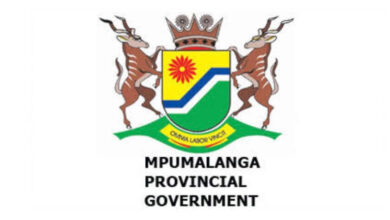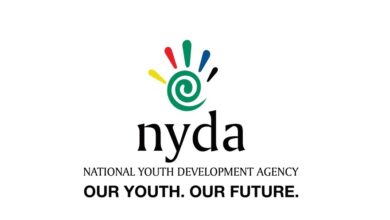Things You Should Know When You’re Being Arrested

“You have the right to remain silent, anything you say or do can and will be used against you in the court of law. You are allowed a lawyer of your choice if you can’t afford one, the state will provide one for you.”
The following points are ones you should know when you’re being arrested… not that you should be getting arrested, but in case you do… here’s a few things you should be clued up on.
You must go with the police officer if you are arrested
The police can charge you with ‘resisting arrest’ if you try to stop them from arresting you.
The police officer can use reasonable force to arrest you if you refuse to accept your arrest. Reasonable force means using enough physical force to arrest you, and no more. The police officer can only do this if they had the right to arrest you in the first place. You can make a complaint if the police officer uses too much force to arrest you or tries to arrest you without a reason. If you’re not sure ask the police officer ‘Am I under arrest?’ and ‘Why am I under arrest?’ If you are not under arrest, you do not have to go with the police officer.
Going to the station for a breath or drug test
If the police want you to take a breath or drug test and the police station, you are not actually under arrest. If you have been charged with a public drunkenness offence you will usually be bailed and allowed to leave the police station, unless you have been charged with other, more serious offences as well.
Being held in custody
After arrest, the police will take you into custody. This means the police officer will take you to a police station, custody centre or the police cells at court. You may have to travel in a police vehicle to get there. The police officer may handcuff you.
While you are in custody, the police may:
- Ask you for your name and address
- Ask you to give a statement
- Interview you
- Fingerprint you
- Search you
- Ask to photograph you
- Charge you
- Charge you and give you bail.
You can make two phone calls
You have the right to make two phone calls:
- One to a lawyer
- One to a friend or relative.
The police must give you a private space to use the phone, where the police cannot hear you.
The police officer might not let you call anyone if:
- They brought you into custody for a drink driving or drug driving matter
- The police officer reasonably believes the phone call may:
- Help another person involved in the offence get away
- Lose, change or destroy evidence
- Put other people in danger.
How long do you stay in custody?
The police can only keep you in custody for a reasonable time before they charge you. The law does not say what a reasonable time is. This depends on the seriousness of the offence and how long it takes the police to interview you.
When you think the police have kept you in custody for too long:
- ask when they are going to charge you or release you
- ask to phone a lawyer
- Make a complaint later.
What happens to your personal property
The police will take your things (personal property) if the police are holding you in a police cell. They must list all property on a ‘property sheet’. They will then ask you to sign the sheet to agree with them about what property has been taken.
The police must give your property back to you when they release you from custody. They do not have to do this if they have kept your property as evidence or destroyed it.
If you need an interpreter
If you do not understand English very well, you can ask the police officer for an interpreter to help explain things. The interpreter must be qualified (not just a relative). You do not have to pay for this, the police will pay.
Health needs and drug addiction
You can see a doctor if you need to. Ask the police officer to organise this. The police officer can call the Custodial Risk Management Unit. A nurse from the unit may be able to help you with medicine or treatment. The police should help you get your medicine if you have a prescription. This includes prescriptions for methadone and buprenorphine (bupe). Ask for your medication or medical attention before an interview starts. You might need help to get through the interview.





